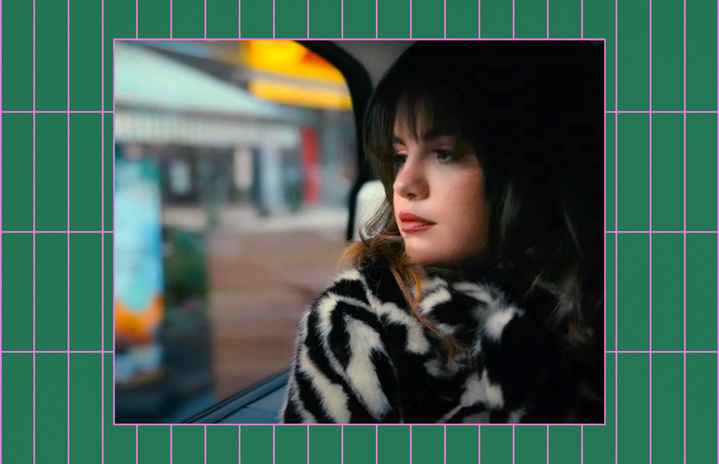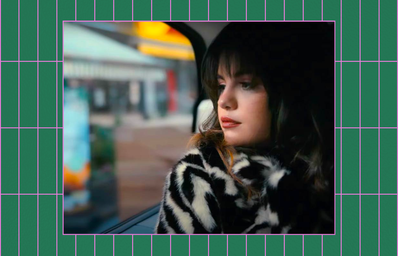What is it?
Maladaptive Daydreaming is a mental health issue becoming increasingly prevalent in younger generations. Maladaptive Daydreaming occurs when a person daydreams excessively, sometimes even for hours at a time. People who do this tend to fully immerse themselves in extremely vivid and detailed daydreams.
It was discovered in 2002 by Eli Somer, PhD, a clinical psychology professor in Israel. He’s spent countless hours researching and defining what it looks like.
Why do people do it?
The word ‘Maladaptive’ quite literally means behaviors or habits used as an inappropriate adjustment to an environment or situation. This means it’s usually used as an unhealthy coping mechanism or an improper way to adapt to a certain environment.
Research suggests that this behavior tends to be compulsive, meaning it’s very difficult or sometimes impossible to control that you’re doing it. It’s usually common in those who have a history of abuse or trauma, however not all who experience it do.
Research also shows that this daydreaming usually pairs with other mental health issues including: Attention deficit hyperactivity disorder (ADHD), Anxiety disorders, Depression, Dissociative disorders, Obsessive-compulsive disorder (OCD), or Post-Traumatic Stress Disorder (PTSD).
What does it affect?
People experiencing Maladaptive Daydreaming often find it disrupts social activities, interferes with work or hobbies, invokes feelings of shame and guilt, and less frequent attempts to stop their daydreams.
Can you stop it?
As of now, there is no cure or way to stop Maladaptive Daydreaming.
My Experience with Maladaptive Daydreaming:
The term ‘Maladaptive Daydreaming’ is something I recently stumbled upon on TikTok and I fell down an internet rabbit hole researching it. This is something I tend to do frequently when I’m alone and have been for years. I always felt it wasn’t normal, I never knew there was a term for it and that it was a mental health issue. I wanted to bring awareness to this mental health issue and inform others about it.
I haven’t had problems with it disrupting my social life or work life too much, and it raised questions for me about its progression and if I should worry it might in the future. I’ve learned the term is still relatively new and so is its research. The best answer I got for this question was that there are two different versions: organic outgrowth and triggered outgrowth. Organic is a natural progression in the brain and triggered is progression launched by the need for a coping mechanism after some sort of trauma or life event.
Although I have daydreamed about other situations from time to time, I’ve noticed most of my daydreams tend to focus on my love life. While I’m in a relationship they aren’t as frequent, but during a breakup, they pick up – almost like a coping mechanism for that loss. I believe these daydreams make it more difficult to move on from a breakup, as these dreams provide a constant reminder of that person – almost as if my brain holds onto them even after they’ve left.
However, they also make relationships harder. When in a toxic relationship, these daydreams foster an ideal version of this person; the perfect version of them, one where they never do anything wrong. These daydreams make it hard to leave a toxic situation like that, I hold onto this perfect version of that person I created in my head, and overlook how they really are and what they’ve truly done to me…which makes me not want to leave.
Ultimately, I want to bring awareness to this mental health issue and share my experiences with it so others don’t feel alone. I also want those who don’t experience this to understand it, and how it can affect those who struggle with it. I’m always looked down on by friends and family for not letting go of toxic people from my life or holding onto ended relationships for too long. I’m always judged for seeing the good in people who I shouldn’t, or letting upsetting situations bother me a little too much. All of these things stem from my Maladaptive Daydreaming and how it shapes my view of everything.
Mental Health Resources
If you are reading this and fear you are not doing well mentally, I highly recommend using these additional resources:
In an Emergency:
- Suicide and Crisis Hotline: 988
- Suicide Prevention Lifeline: 800-273-8255
- National Crisis Text Line: Text Hello to 741741
Just need a pick-me-up:
- Download the app Calm for meditation practices, calming sounds, ambient music, and sleep stories.
- Download the app Finch for self-care with cute virtual pets
At SUNY Oswego:
- Counseling Services Center: 315-312-4416
- Push 2 and a crisis counselor will speak with you immediately
- Or check out oswego.edu/csc for more information
- CrisisTextLine: text GOT5U to 741741.
- Oz Concern Navigator: oswego.concerncenter.com
References on Maladaptive Daydreaming:
Alex. (n.d.). Blog. Stop Maladaptive Daydreaming. Retrieved April 2, 2024, from https://maladaptivedaydreaming.org/
Cleveland Clinic. (2022, June 1). Maladaptive Daydreaming: What It Is, Symptoms & Treatment. Cleveland Clinic. Retrieved April 2, 2024, from https://my.clevelandclinic.org/health/diseases/23336-maladaptive-daydreaming


